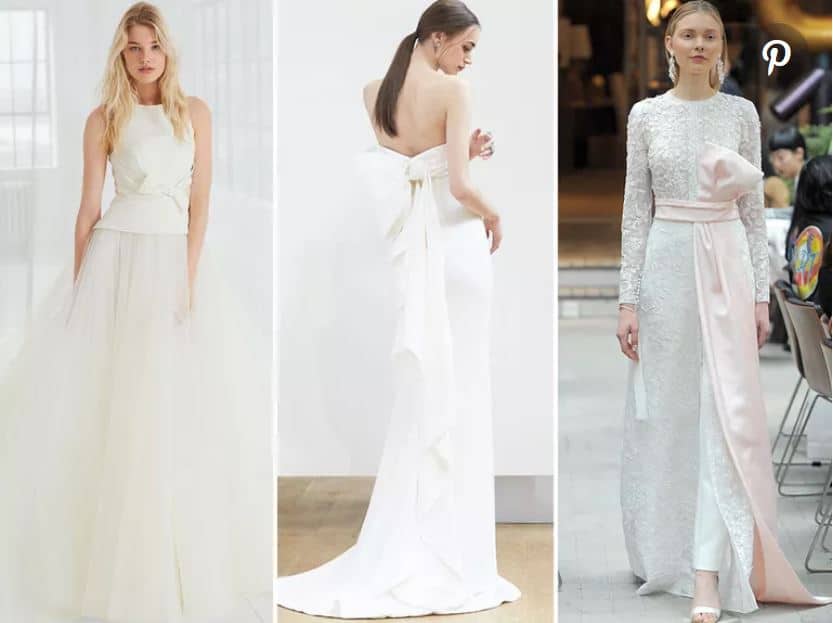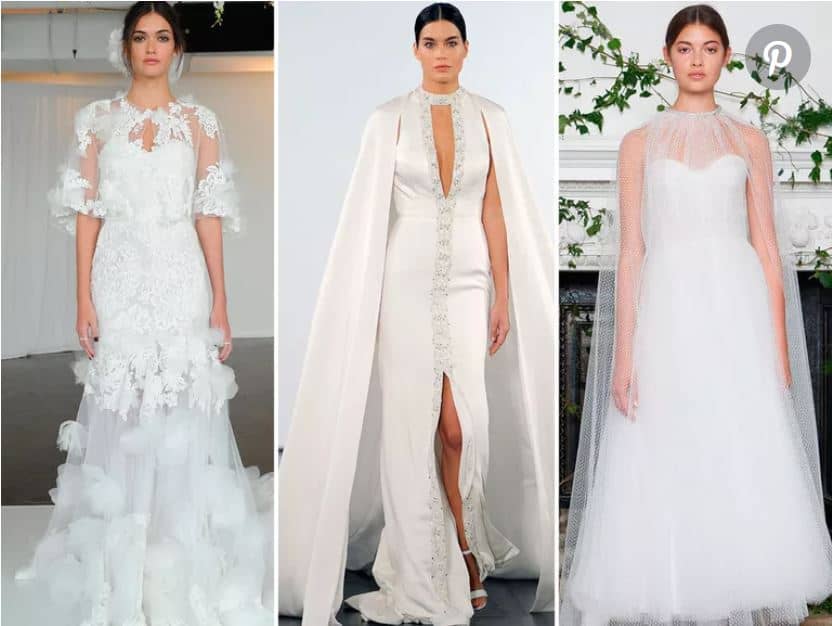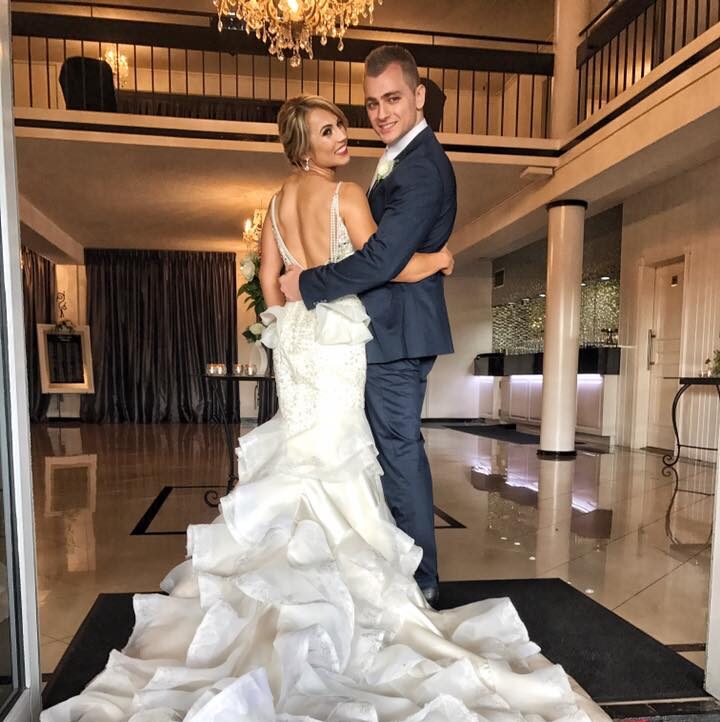Wedding dress shopping is one of the most exciting milestones in your wedding planning journey, but it can also feel overwhelming if you’re not prepared. From choosing the right boutique to staying within budget, there’s a lot to consider. Having guided countless brides through this process, I can tell you that a little planning goes a long way. In this guide, I’ll walk you through the essential steps—from setting your timeline and budget to finding your dream dress and navigating fittings. Let’s make this experience as enjoyable and stress-free as possible, ensuring you find a gown that makes you feel incredible.
Wedding Dress Shopping Timeline: A Step-by-Step Guide to the Perfect Fit
The Ideal Wedding Dress Shopping Start: 12+ Months Before Your Wedding
I can’t stress enough how important it is to start your wedding dress shopping early. Ideally, you should begin the search 12+ months before your wedding. This gives you the time you need to make informed decisions and ensures you aren’t rushing into anything.
Start by gathering inspiration. I recommend looking through bridal magazines, Pinterest, and Instagram. Create a mood board to track the styles, fabrics, and silhouettes that catch your eye. When I worked with a bride a while ago, she started early and took her time finding what she truly loved—she ended up with a dress that perfectly reflected her personality and the overall vibe of her wedding. Trust me, you’ll thank yourself later for not rushing.
One thing to keep in mind—your wedding venue and the season can have a huge impact on your choice of dress. For example, if you’re having a Melbourne winter wedding, you might lean towards a more structured gown with long sleeves, while for a summer wedding, a light, flowy gown might be your best bet. Plan for these details early on to help guide your choices.
How to Budget for Your Wedding Dress: Setting a Realistic Budget
Before you dive into trying on dresses, let’s talk about your budget. It’s easy to get swept up in the excitement and fall in love with a dress that’s way out of your price range. Setting a clear budget will prevent that from happening.
I usually recommend allocating about 10-15% of your total wedding budget for your dress. For example, if your overall budget is $30,000, that gives you about $3,000 to $4,500 for the gown itself. Keep in mind that this is just for the dress. Alterations, accessories, and taxes are extra. I remember a bride I worked with, who got so caught up in a gorgeous dress that she didn’t account for alterations. When those costs came up, it was a bit of a surprise. So make sure you budget for those extras right from the start.
Don’t be afraid to share your budget with your stylist. The sooner you do this, the better they can tailor the selection to suit what you’re comfortable spending. This will make the process much smoother.
When to Begin Your Search: Finding the Right Wedding Dress Boutiques and Designers
Finding the Best Bridal Shops: Where to Shop for Your Dream Dress
When it comes to choosing a bridal shop, don’t just pick the first one you see. Take your time to research local shops and explore what they offer. If you’re already set on a particular designer, make sure the boutiques you’re considering stock their gowns.
I’ve worked with brides who’ve fallen in love with specific designers like Grace Loves Lace, and they were able to narrow their search by choosing boutiques that specialised in those gowns. It saved a lot of time, and they ended up with the dress of their dreams.
Keep in mind that many bridal shops in Melbourne require appointments. I recommend booking well in advance, especially if you’re planning to shop during the peak wedding season. A few months before your wedding is a good time to start making these appointments. It’ll give you time to compare different dresses, and you won’t feel rushed.
Booking Your First Appointment: The Sweet Spot for Wedding Dress Shopping
You might be eager to start the search right away, but I always recommend booking your first wedding dress appointment about 10-12 months before your wedding. I’ve seen brides who started too early, only to find newer styles they loved later on. I’ve also seen brides who started too late, which led to rushed decisions and extra costs for expedited orders. The 10-12 month mark is just right for most.
Starting early gives you enough time to consider various styles, explore different boutiques, and avoid the stress of last-minute rush orders. It also ensures that you have the time for fittings, alterations, and any changes you want to make to the dress.
Expert Tips for Wedding Dress Shopping Success
What to Wear and Bring: Prepare for Your Bridal Shop Appointment
Here’s a little secret—what you wear to your wedding dress appointment can make a huge difference. I always recommend wearing comfortable, easy-to-remove undergarments, like a nude strapless bra and seamless underwear. These will help the dress fit better and save you time while trying on dresses.
Also, wear something easy to slip in and out of. I’ve had clients show up in complicated outfits that made the fitting process a lot more time-consuming than it needed to be. A simple dress or skirt will work best. Bring your inspiration photos, too, so your stylist can get a better idea of the dress styles you’re drawn to.
Choosing Your Shopping Squad: How Many People Should You Bring?
This is one of the most common questions I get, and here’s my advice: keep it small. Wedding dress shopping is about you and your vision, not anyone else’s opinion. I recommend bringing just 2-3 close friends or family members whose opinions you trust and who understand your style.
I’ve seen brides who brought too many people, and it made the process overwhelming. Too many opinions can cloud your judgment, and at the end of the day, this is your dress and your decision. Choose your shopping squad wisely—it’s all about keeping things positive and fun.
Navigating the Bridal Appointment: What to Expect During Your Wedding Dress Try-On
What Happens During a Wedding Dress Appointment?
Your first bridal appointment can be exciting but also a bit nerve-wracking. Here’s what you can expect: the appointment typically lasts about 60-90 minutes. You’ll discuss your wedding plans, your style preferences, and your budget with the stylist, and they’ll pull dresses based on that information.
Don’t worry if the first dress you try on isn’t “the one”—it takes time to find what fits best. I always recommend trying on a variety of styles. The dress you least expect could be the one that surprises you. I once worked with a bride who didn’t think she’d like a ballgown style, but after trying it on, she realised it was exactly what she wanted. Keep an open mind during this process.
Evaluating Your Dress: How to Know When You’ve Found ‘The One’
Here’s the thing about finding the perfect wedding dress—you’ll know it when you feel it. It’s not always about a dramatic moment, but more about how the dress makes you feel. Does it fit with your wedding theme? Do you feel beautiful and comfortable in it?
I’ve seen brides fall in love with a dress because it made them feel like the best version of themselves. Take a moment to reflect on how the dress makes you feel. If you feel amazing in it, chances are, it’s the one.
Wedding Dress Fittings and Alterations: Key Steps for the Perfect Fit
Wedding Dress Alterations: What to Expect
Wedding dress alterations are a crucial part of the process. Once you’ve found your dress, you’ll need to schedule your first fitting. This is when the real magic happens. Alterations include adjusting the hem, waist, and bust, and making sure the dress fits your body perfectly.
Most brides will need 2-3 fittings to ensure everything is just right. Be sure to bring your wedding shoes to the first fitting to make sure the dress length is perfect. I remember one bride who forgot to bring her shoes, and the hem was a little too long at the first fitting. It’s always better to be prepared.
Final Fitting and Last-Minute Tweaks: Ensuring Your Dress is Ready for the Big Day
By your final fitting, your dress should fit you like a second skin. This is when any last-minute adjustments are made. It’s a good time to practise walking and sitting in the dress, making sure it’s comfortable and that everything feels right.
I’ve had brides who felt a sense of relief at the final fitting, knowing everything was in its place. This is your last chance to make tweaks before your wedding day, so enjoy the moment!
Shopping on a Shorter Timeline: How to Find Your Wedding Dress with Less Time
Off-the-Rack and Sample Dresses: Quick Solutions for Short Timelines
If you’re short on time, don’t worry—you’ve still got options. Off-the-rack dresses are a great choice for brides who need a dress quickly. These gowns are available for immediate purchase, and some boutiques offer sample sales where you can find great deals.
For example, a bride I worked with had only 3 months before her wedding. She opted for an off-the-rack gown and had it altered in time. It was a great option and kept her stress levels down.
Expedited Orders: What to Do if You’re Running Late
If you have a bit more time but not enough to wait for a custom order, ask about rush orders. Many designers offer expedited services for an additional fee. Just make sure to plan for alterations, as even with a rush order, you’ll need time to ensure the dress fits perfectly.
Avoiding Common Wedding Dress Shopping Mistakes: Expert Tips for Success
Common Mistakes and How to Avoid Them
Let me give you a few tips based on the mistakes I’ve seen brides make over the years:
- Starting Too Late: If you leave it until the last minute, you’ll end up with fewer choices and more stress. Start early to give yourself time to explore all options.
- Starting Too Early: Starting too soon can lead to confusion. The key is to start early enough to make decisions without feeling rushed.
- Bringing Too Many People: Too many opinions can overwhelm you. Stick to a small group that knows your style.
- Over-Shopping: Too many dresses can lead to decision fatigue. Try on a few dresses per appointment to stay focused.
- Forgetting Alterations and Accessories Costs: These add up, so don’t forget to include them in your budget.
Making Your Wedding Dress Shopping Journey Enjoyable
Make the Process Fun: Tips for Enjoying Your Wedding Dress Shopping Experience
Wedding dress shopping is a special experience, and it should feel exciting, not stressful. Enjoy it! Treat yourself to a little pampering, and embrace the moment. Don’t rush the process—take your time and trust that the right dress is out there waiting for you.
Let’s Get Straight to the Point
Wedding dress shopping is an exciting journey that requires planning and a clear timeline. Start by gathering inspiration and setting a realistic budget 12+ months before your wedding. Book appointments early and be sure to explore various boutiques and designers to find the perfect match. Bring a small, supportive group to try on dresses, and don’t forget to plan for alterations and accessories costs. If you’re on a tight timeline, consider off-the-rack or sample dresses, and don’t hesitate to ask for rush orders. Above all, trust your instincts and enjoy every moment of finding your dream gown.




